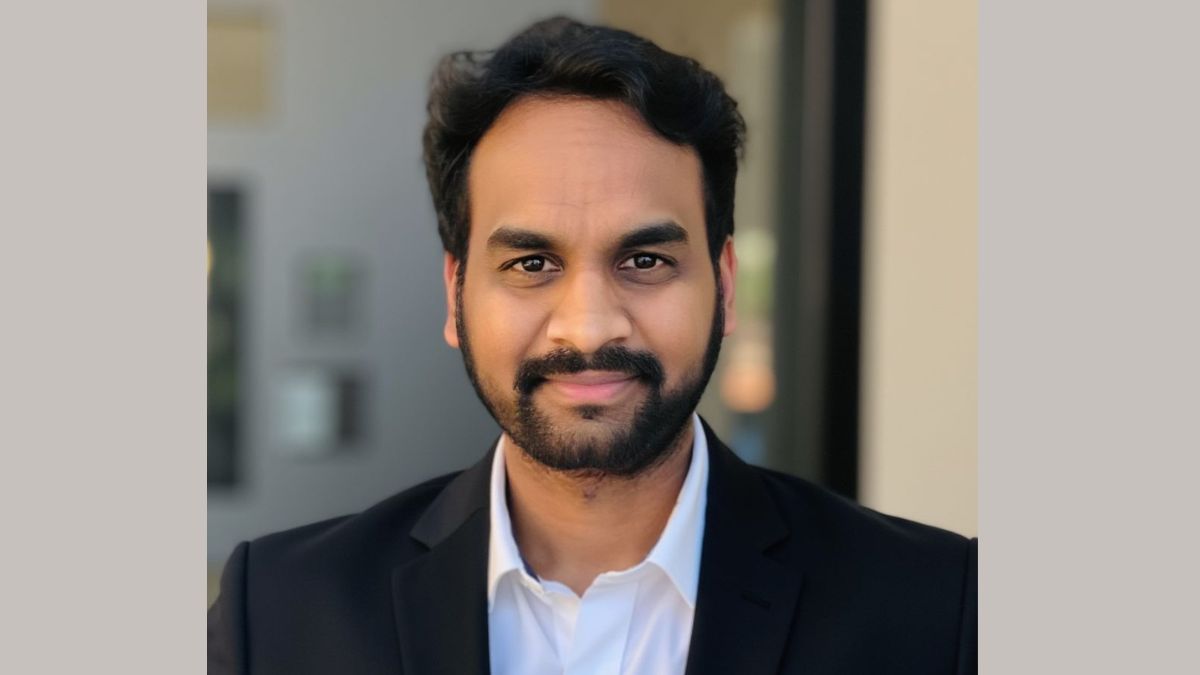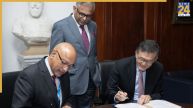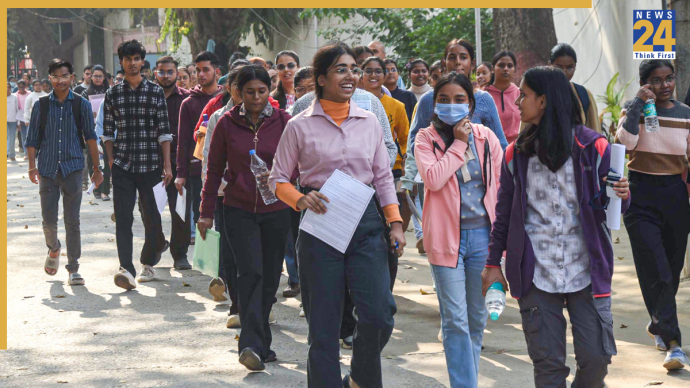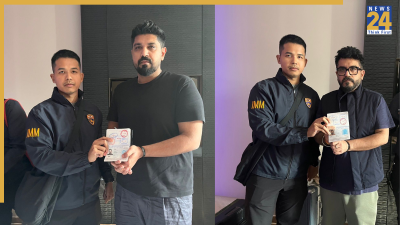Krishnateja Shiva is a software engineering and leadership professional with over 12 years of solid experience in application development and project management, as well as product support. Starting his career from different positions in the technology business, he has contributed enormously by designing scalable solutions and guiding cross functional teams to the finish line. In in pursuit of delivering technical products that meet business needs, Krishnateja has consistently redefined what is possible in engineering and management. Here, in this interview, he speaks about his past, his goals, and factors contributing to his achievements.
Q1: What can you tell me about your early path and how did it influence your work as a software engineer?
---Advertisement---A: My first exposure to the world of computers was during my bachelor studies in technology when I attended Jawaharlal Technological University in Hyderabad, India. After that, I completed my Master of Science in Computers and Information Systems from the University of Central Missouri. Learning theory and practice in these early years helped me develop a comprehensive understanding of the way technologies would be used and applied to solve challenges.
Q2: In what way did the position you held at Liberty Mutual Insurance help you progress as an individual?
---Advertisement---A: I held the position of Software Engineer at a company that has been reported to be one of the largest Insurance Firms post acquiring Safeco Insurance. My responsibilities included application end-to-end development of powerful three-tier applications using AngularJS, React JS, Node JS and working with cross-functional teams. Apart from user interface design, the developer’s role translated into API integration, and the use of Agile was practiced to speed up the delivery of effective solutions of good quality. This not only improved my skills but also prepared me to understand how software can help businesses and what are the factors that govern more complicated projects.
Q3: What were some of the key challenges you faced at Liberty Mutual and how did you overcome them?
A: One of the biggest challenges at Liberty Mutual was transforming legacy systems into contemporary frameworks without interrupting business continuity. Migration of applications from AngularJS to Angular 4 called for detailed preparation and inter-team coordination. I tackled these issues by leveraging a modular approach – Migrations were broken down into more comprehensible pieces, each of which went through confirmation testing, and quite a considerable effort was placed on training and the supervision of the development team. Such a discipline allowed to minimize disturbances and established one way of handling large scale changes for the future.
Q4: Let us end this opportunity by asking you to tell us in detail about a critical project in your professional life that you still remember to this day.
A: Perhaps the most profound project that I led in my career was the designing of a custom ordering feature for the application of a large client. This project required a new interface and the backend system to be developed in order to support the complex order flow, the order processing and reduce interactions with the users. Achieving a 30% reduction in order processing time, increased customer satisfaction and considerably improved system scalability were all made possible through the use of technologies including React JS and cloud-based microservices. This project clearly demonstrated what can be achieved by integrating technical know-how with good business understanding.
Q5: What is your philosophy in regard to leading and managing teams in software engineering?
A: I consider myself as a leader who gives power to people around him and is an active participant in decision making. I work towards creating a safe environment for all team members where they feel appreciated, are welcome to share their opinions and have freedom in finding the most effective way forward. I clearly state goals and expectations so that everybody on the team understands their role and how the end result would affect the team as well as their individual performance. This is reinforced through regular feedback, coaching and a strong emphasis on improvement to enhance team performance and motivation towards success.
Q6: What was your experience dealing with the Store Assistant and Store Maps projects?
A: These projects were most enjoyable because their aim was to improve customers’ interactions with physical retail spaces through the use of technology. Store Assistant, for instance, A: solves a very serious problem where customers cannot locate goods in a complex store environment by providing them context and assisting them in real time in the application while using the store. Store Maps, likewise, storage maps, facilitate more convenient shopping experiences by enabling customers to locate everything they need. I was in charge of these projects’ technical implementation and monitored their development so that the UI/UX and product teams delivered functions that were easy to use and met business objectives.
Q7: Last question, can you elaborate on how data and reporting have been useful in your projects?
A: Data should always be the basis for every decision pertaining to a project. I established facilities for data collection including JIRA so that there are enough evaluation rubrics in the whole life of the product. With such practices in place, stakeholders are able to clearly trace the course of a project as it progresses as I build them a view grid where it is possible to spot trouble areas and respond to them with practical ideas for addressing them. This put into practice not only increases the level of control over the project but also enhances the quality of decisions by the managers.
Q8: What drove you to consider leadership positions within the software engineering field?
A: The motivation stemmed from the wish to make an impact in a more systemic manner than just working on individual tasks. As a leader, I determine how projects will be tackled and which teams will be formed. I ensure that all business and technical requirements have been met, but not just for the sake of meeting them. Leadership is also about guiding others, fostering new ideas, and doing things where both creativity and technical skills are needed. The satisfaction of projects turning out successful and knowing that part of the success is due to my leadership is immense.
Q9: What strategies do you employ to learn new aspects of technology and theories around it?
A: Being up to date in technology is not a passive thing. I am one of those professionals who goes to conferences, takes an online course or a professional community discussion. New horizons have emerged in AI, cloud, microservices architecture and I want to be at the forefront of new ways of doing and deploying software. I do this through exploration and creative application of new technologies so that my toolkit remains current and I can head projects that leverage modern technology.
Q10: What are your long-term plans in software engineering and leadership?
A: In the future, I plan to use my leadership abilities in software engineering that will be more focused on product development and management of IT business. I intend to apply my skills and experiences to impact business in the better by advancing my career in the technology sector. I want to be able to learn new things and gain relevant skills that will enable me to fit in the ever-breathing industry. As the landscape of technology changes, I aspire to be at the forefront, redefining the concepts of Software Engineering and Product Management.
In this perspective, it is revealed what achievements Krishnateja Shiva has in software engineering and leadership and what his plans for the future are. His plans to lead digital use change, manage people and apply technology to solve difficult problems make – him one of the leaders in this industry.
About Krishnateja Shiva
Shiva Krishnateja is a veteran in the technological industry with over a decade of experience as a Staff Software Engineer and an Engineering leader. He holds a Bachelor’s degree in Information Technology from Jawaharlal University of Technology and a master’s degree in Computers and Information Systems from the University of Central Missouri. Previously, he has led and executed crucial projects in several branches, now he is reputed as a product development team leader, as well as a leader making data-oriented decisions, in the field of software engineering.
Also Read: Gold Price Today: Good News For Buyers! Yellow Metal Continues To Decline, Silver Down; Check Rates In Your City













